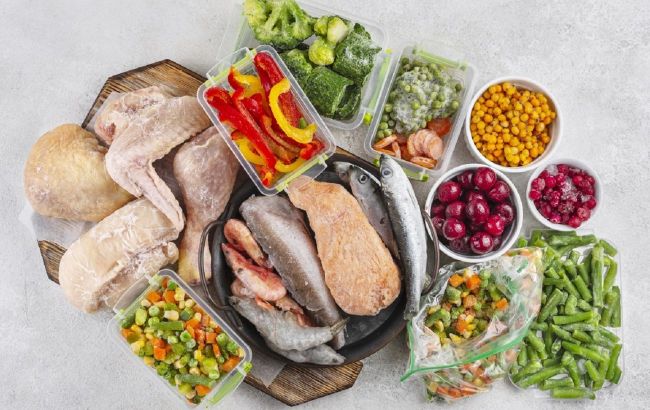Truth about frozen vegetables: Doctor's opinion
 Illustrative photo (Photo: Freepik.com)
Illustrative photo (Photo: Freepik.com)
Frozen vegetables are often easy to prepare with minimal effort, making them a quick and convenient alternative to fresh vegetables. But are they healthy?
This question is answered by pediatrician Daryna Vlasenko.
Are frozen vegetables healthy?
Frozen vegetables are typically cheaper than fresh ones and have a longer shelf life, allowing you to maximize your purchase. Moreover, they are available year-round, meaning you can enjoy your favorite vegetables regardless of the season.
If you plan to use the product quickly, fresh is a good choice. However, to reduce the risk of spoilage and waste, frozen is a safe option.
Adding frozen vegetables to your diet is a simple way to increase your intake of important nutrients, including fiber, antioxidants, vitamins, and minerals.
Additionally, studies show that increasing vegetable consumption may be associated with a lower risk of diseases such as heart disease, cancer, type 2 diabetes, and more.
Nutritional value
Since vegetables are typically frozen soon after harvesting, they retain many nutrients.
In fact, one study found that blanching and freezing vegetables for up to 2 months did not significantly alter their phytochemical content.
However, other studies show that freezing may affect the nutritional value of certain vegetables and specific nutrients differently.
For example, one study found that frozen broccoli contained more riboflavin than fresh broccoli, while frozen peas.
This material is for informational purposes only and should not be used for medical diagnosis or self-treatment. Our goal is to provide readers with accurate information about symptoms, causes, and methods of detecting diseases. RBС-Ukraine is not responsible for any diagnoses that readers may make based on materials from the resource. We do not recommend self-treatment and advise consulting a doctor in case of any health concerns.

